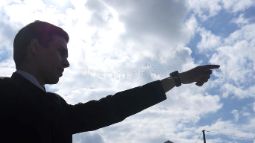
Stop LEADING, Start FOLLOWING! Or: The Leader Who Pointed A Finger…
(10 min read)

A LIFE-LONG QUEST OF BECOMING TRULY HUMAN
Gert Biesta is a distinguished Dutch pedagogist and philosopher of education, and one of the most influential thought leaders in education today. In our interview, we journey to the philosophical roots of Gert's educational theory, drawing inspiration from pragmatism and post-structuralism and the teachings of Dewey, Derrida, Levinas, and Ranciere. Venturing towards the core of "good education", we untangle the distinctions between Bildung and Erziehung, and explore the profound differences between qualification, subjectification, and socialization. Gert passionately advocates a shift beyond "learnification", urging a holistic approach that revitalizes education as an ethical quest for self-realization. We examine the significance of civic education for democratic progress, while critically evaluating Dewey's democratic ideal. Lastly, we scrutinise the pivotal role of teachers, drawing intriguing parallels with leadership education. Don't miss this captivating dialogue challenging conventional wisdom and unveiling Gert's transformative ideas that have reshaped education!
Jump to
Why is the interview important? Who are we talking to?

gert biesta
Our decision to interview Gert was fueled by our eagerness to delve into the intricate intersections between educational philosophy and leadership education. We sought to harness Gert's unique insights, which drew from both the realms of political and moral philosophy, and pedagogics, to shed new light on leader and institutional development. In this context, three pivotal focus areas emerged, promising an enriching conversation.
Firstly, Gert's exploration of poststructuralism added a fresh insights to our understanding of leadership. Philosophers like Levinas, Ranciere, and Derrida, who Gert referenced, presented new and thought-provoking perspectives, underscoring the profound notion that individuals should evolve into responsible subjects of their own lives. While rekindling conversations about pragmatism in the realm of corporate responsibility, as explored with Ed Freeman, Gert directly addressed some of our concerns about the ethical robustness of pragmatism. For instance, Levinas' concept of ethics as the 'first philosophy,' emphasized existential responsibility for the 'Other,' akin to Buber's ideas, resonating with our initial thoughts about a "relational ontology."
Secondly, Gert's development of a distinct and compelling educational theory, deeply rooted in philosophical and ethical premises, captured our attention. His differentiation between "Bildung" and "Erziehung," and the distinction between "subjectification" as opposed to socialization or qualification, pointed to the core purpose of education - emancipating students to recognize their existential responsibility as humans in an interconnected world. We were eager to explore how such a purpose could be translated into practical pedagogy, building on Derrida's concept of "deconstruction", and whether this emancipative mission could extend to modern organizations. In this context, our inquiry also extended to the significance of civic and lifelong learning, as well as its integration into national curricula. We wondered whether a part of such ongoing education should be provided by and at work.
Lastly, we were intrigued by Gert's work on the role of teachers. We were keen to uncover how teachers could guide students towards subjectification, moving beyond mere socialization, and explore parallels between teaching and leadership. As Yeats once suggested, "education is not about filling a bucket but lighting a fire". We were convinced that leaders, like teachers, would need to provide space and support for individuals to develop themselves.
Gert Biesta is a distinguished pedagogist and philosopher of education, celebrated for his profound contributions to the field. Currently holding dual roles as Professor of Public Education at Maynooth University in Ireland and as a Professor of Educational Theory and Pedagogy at the University of Edinburgh, he has also held visiting professorships at renowned institutions, including University of Agder and Bergen in Norway, Uniarts in Finland, Örebro University in Sweden, and ArtEZ Institute of the Arts in the Netherlands. He holds a PhD in Education from Leiden University, a PhD in Philosophy from Erasmus University Rotterdam, and honorary doctorates from Uppsala University, Örebro University, and Oulu University.
Biesta's imprint in academia extends to influential editorial roles, serving as Associate Editor of the journal Educational Theory, co-editor of the British Educational Research Journal (BERJ), and co-editor of the Asia-Pacific Journal of Teacher Education. He formerly was the editor-in-chief of the journal Studies in Philosophy and Education for nearly fifteen years, and President of the Philosophy of Education Society USA in 2011-2012, marking the first time a non-American scholar held this position. Beyond academia, he has held significant roles in education policy, including membership in the Educational Council of the Netherlands and service on the scientific curriculum committee in the Netherlands. Additionally, Biesta chaired the Committee for the Evaluation of Teacher Education Reform in Flanders, Belgium.
Gert Biesta's research interests span the theory of education, the theory and philosophy of educational and social research, and policy research. His extensive publications, including books such as "Beyond Learning," "Jacques Rancière: Education, Truth, Emancipation," "The Beautiful Risk of Education," "Good Education in an Age of Measurement," and "Obstinate Education," challenge conventional educational paradigms, emphasize the democratic and emancipatory potential of learning, and advocate for reconnecting education with its fundamental purpose in society. His books have consistently garnered acclaim and recognition, with his works receiving prestigious awards such as the American Educational Studies Association Critics' Choice Book Award, the American Educational Research Association Outstanding Book Award, the AERA Outstanding Book Award, and the annual book award from the Philosophy of Education Society of Australasia (PESA).
Biesta's illustrious career, spanning several decades, has left an indelible mark on contemporary educational discourse. His focus on the three fundamental aspects of education—qualification, socialization, and subjectification—underscores the pivotal role of teachers in guiding students towards moral and ethical development. His extensive body of work addressing themes including citizenship, curriculum theory, art, religious and adult education, and the societal role of schooling has made significant impact and was translated into nineteen languages.
Exploring the Critical concepts for this session
A Resource Kit to launch your explorations
Selected published works
Live video recording and podcasts
Explanations, artefacts and references from the interview
What have we learned? Our "Best Bit" takeaways from the Interview

KEY INSIGHTS FROM THE INTERVIEW FOR OUR INQUIRY
Here you can find the most memorable insights from our interview, related to our three inquiry questions. Simply select from the drop down menu on the right -->
Share the most popular quotes with your social media connections: just click + save picture + post!






Unleash your curiosity and discover new insights
Further reflections on education and philosophy of education
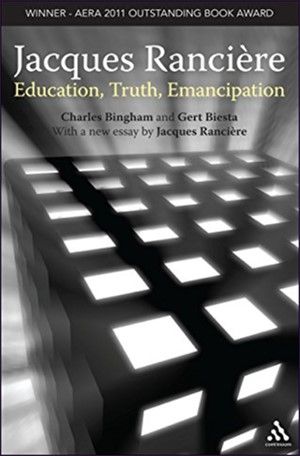
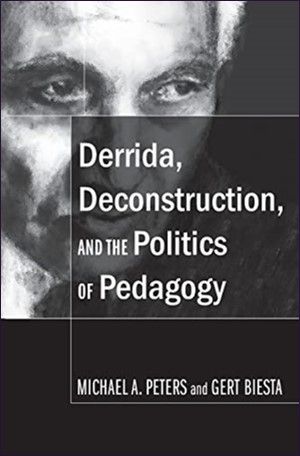
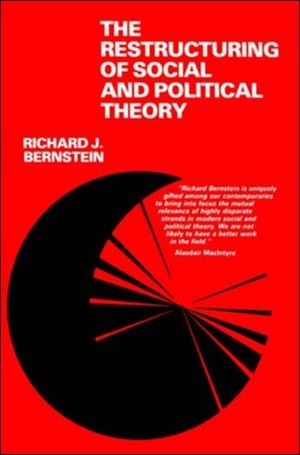
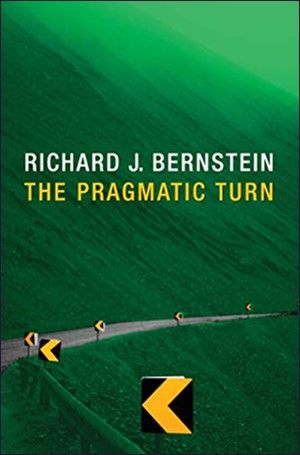
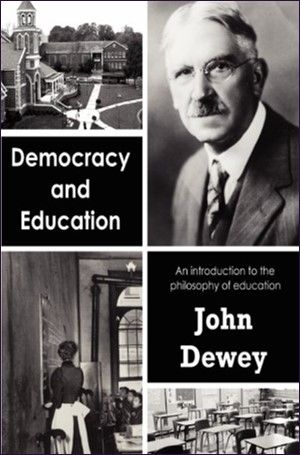
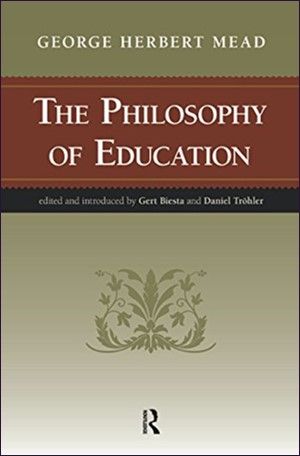
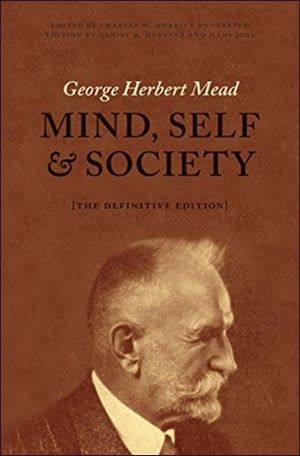
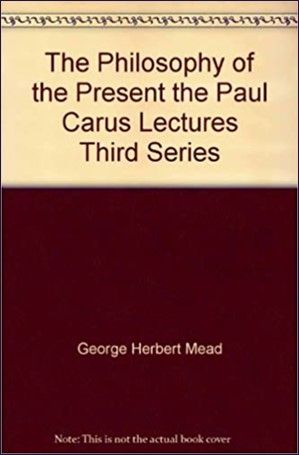
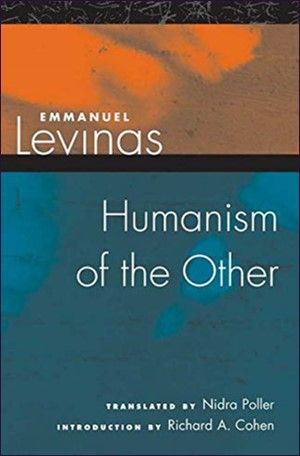
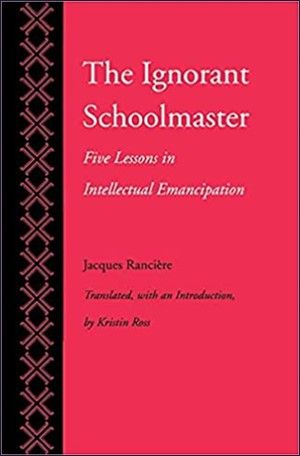
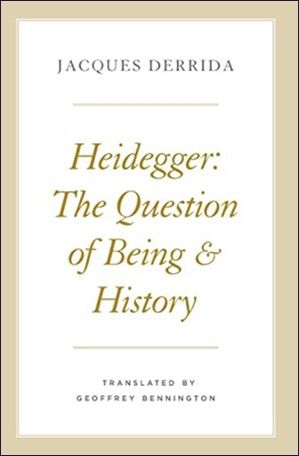
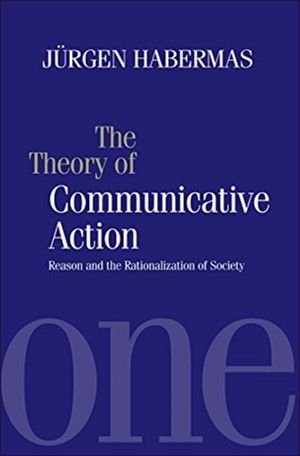
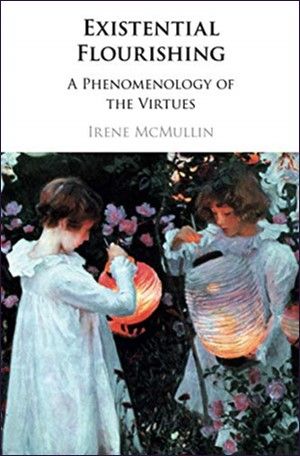
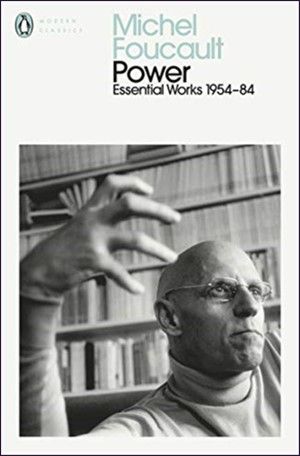
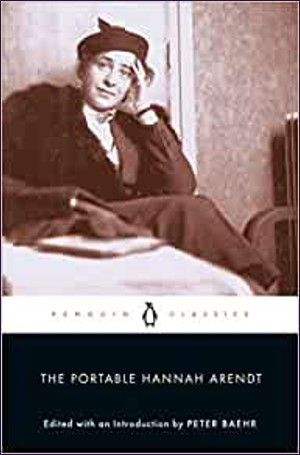
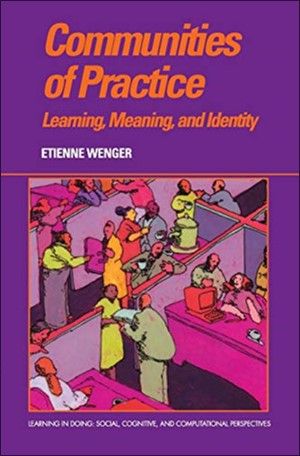
Related blog posts

(10 min read)

Pursue your inquiry further with other popular interviews